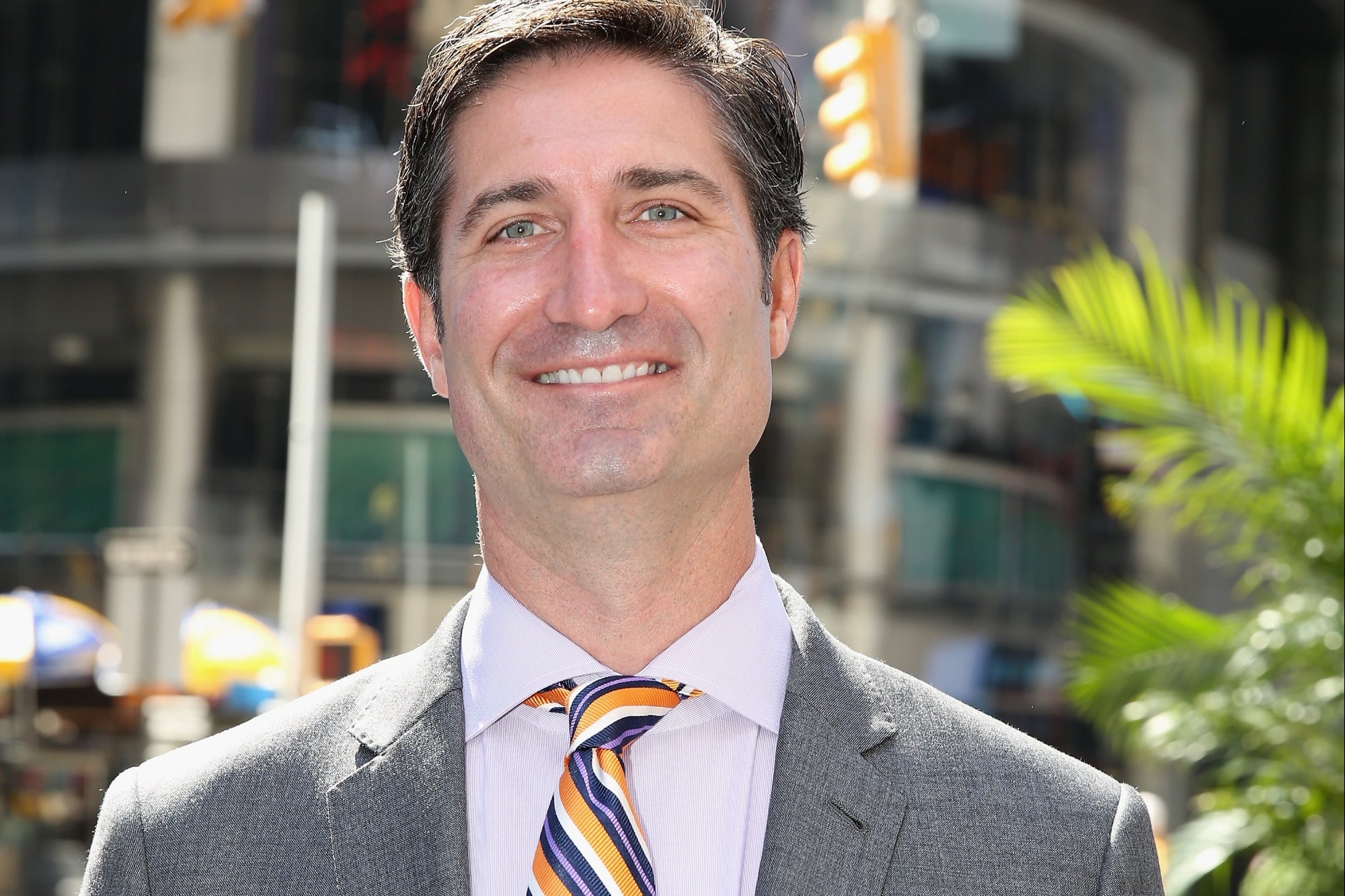Private Enterprise And BIZ Experiencesship Create Tremendous Societal Gains Through the knowledge-creation forces and the continual adjustments by each individual, free enterprise successfully coordinates the actions of literally millions of people from around the world into a productive whole.
Opinions expressed by BIZ Experiences contributors are their own.
You're reading BIZ Experiences Middle East, an international franchise of BIZ Experiences Media.

Every year, we see people queuing to buy a new iPhone version. Knowing nothing of how it is being produced, we only focus on the phenomenon of queuing, banking on our theories of behavioral economics, marketing, and even sociology. Yet, we never wonder how the massive coordination and cooperation issues get solved every day to produce a single iPhone. In a similar vein, myriad players work to satisfy the readers of BIZ Experiences Middle East. Yet we take for granted the organizational patterns in the magazine sub-economy, which are fabulously complex, in addition to the knowledge of countless people to produce a single magazine.
Learning modern BIZ Experiencesship requires, indeed, some effort!
Leonard E. Read (1898-1983) was an activist and an intellectual BIZ Experiences. Born on a farm in rural Michigan, he later became the general manager of the L.A. Chamber of Commerce. Read wrote his famous essay, I, Pencil, back in 1958; a simple but powerful argument -which I recommend reading in its entirety- that no single person has all the knowledge necessary to make a pencil, and yet there are pencils in abundance because private enterprise encourages cooperation in the global division of knowledge and labor.
Read explains how an ordinary wooden pencil is made. It is a long, complicated process, from the harvesting of cedars for the pencil body to the mixing of clay for the eraser. No man on earth can make a pencil by himself because it is the end product of a complex chain of human activity. Each member of this "family tree" supplies only a small amount of the necessary knowledge it takes to make a pencil. All of the individuals contribute little bits of know-how to the production of an ordinary pencil, a result of a symphony of human activity that spans the globe and even across time.
Related: The Identity Of BIZ Experiencess As An Engine Of Growth
We all benefit immensely from specialization, division of labor, and gains from trade, sometimes not even realizing the process. Through the knowledge-creation forces and the continual adjustments by each individual, free enterprise successfully coordinates the actions of literally millions of people from around the world into a productive whole. This is nothing but interdependence.
You might think that writing about a pencil or a 60 year-old essay is kind of old school, but its marvelous story reflects the same lessons that apply to other complex products, whether in food, transport, health, or the media. In fact, the I, Pencil essay still influences generations of economists and BIZ Experiencess through its charm and clarity. I read it more than a decade ago, and I still consider it one of the most focused writings about the role of BIZ Experiencess in connecting people and accumulating global wealth. It also gives us this realization that command-and-control mechanisms are never creative and cannot bring about continuing human progress. Neither can political power and government coercion. Only BIZ Experiencess do.
Today, the eyes of most people in the Middle East are on the images of bloodshed and the spread of terrorism that is forcing its countries to close their borders. Millions of Syrians, Iraqis, Yemenis, and Libyans are seeking refuge in Lebanon, Jordan, Egypt, Turkey, and Iraqi Kurdistan. The majority of citizens of recipient countries claim that this extraordinary immigration will take away their pencils, coffee, schools, smart phones, hospitals, and infrastructure, causing immense disruption. However, I, Pencil can give us a policy perspective here, about whether we should worry from immigration and seek protectionist, populist measures.
Related: Moving Mountains: Yemen's Startups Innovate Under Unimaginable Circumstances
On the contrary, our confidence should come from the economic insights of the I, Pencil and from how private enterprise spontaneously creates tremendous gains from trade and human interaction. Policy lessons are also evident from the past decades, when tens of millions of the Chinese countrymen migrated to the cities: somehow, the spontaneous economic system took care of this dynamic, and, again, most of us did not even know it happened!
Such human transformations are happening all the time. And the literature about the economics of BIZ Experiencesship -I, Pencil included- illuminates the unseen workings of this incredible system, a system of cooperation with an "absence of a mastermind" to ever design it or anyone to dictate its transformations. It simply works without anyone being in charge.
It is beyond the reach of any government, however well intentioned, to force permanent solutions to the refugee crisis. In spite of the demons of terror around us, BIZ Experiencess should remain eternally optimistic, convinced that their role of empowering gains from trade and interdependence would win in the end. No matter how we take for granted, the complex "family tree" of private enterprise, BIZ Experiencess should know it is well worth striving for, looking beyond ideologies, bureaucrats, and borders.













